Sudan, Aug 19 (V7N) - Sudan is grappling with a severe cholera outbreak that has claimed nearly two dozen lives and sickened hundreds in recent weeks, according to health authorities. The crisis comes as the country continues to be devastated by a prolonged conflict and catastrophic flooding.
Health Minister Haitham Mohamed Ibrahim reported that at least 22 people have succumbed to cholera, with 354 confirmed cases detected across the country recently. The World Health Organization (WHO) has provided additional figures, stating that as of July 28, 78 cholera-related deaths and over 2,400 infections had been recorded this year.
Cholera, a highly contagious infection that causes severe diarrhea and dehydration, can lead to death within hours if untreated. It spreads through contaminated food and water.
The cholera outbreak adds to the ongoing calamities in Sudan, which has been in turmoil since April of the previous year. The conflict between the military and a powerful paramilitary group has plunged Sudan into chaos, turning Khartoum and other urban areas into battlegrounds and severely damaging the country's already fragile healthcare system. Many hospitals and medical facilities have closed, exacerbating the crisis.
The conflict has resulted in thousands of deaths and pushed many into starvation, with famine now confirmed in a large displaced persons' camp in northern Darfur. With over 10.7 million people displaced by the fighting—more than 2 million of whom have fled to neighboring countries—Sudan is experiencing the world’s largest displacement crisis.
In addition to the conflict, recent seasonal floods have caused further devastation, killing dozens and washing away critical infrastructure in 12 of Sudan's 18 provinces. Approximately 118,000 people have been displaced due to the floods, as reported by the U.N. migration agency.
Cholera has previously been a significant issue in Sudan, with a major outbreak in 2017 resulting in at least 700 deaths and 22,000 infections in under two months.
According to WHO spokesperson Tarik Jašarević, the current outbreak began in the eastern province of Kassala and has spread to nine localities across five provinces. Many of the affected individuals were not vaccinated, prompting WHO to collaborate with Sudanese health authorities and other partners on a vaccination campaign.
Amid these health and humanitarian crises, Sudan's military-controlled sovereign council has announced plans to meet with U.S. officials in Cairo. This meeting, scheduled in response to mounting U.S. pressure, will address the implementation of a peace deal with the Rapid Support Forces (RSF), which includes provisions for the RSF to withdraw from civilian areas in Khartoum and elsewhere.
The peace talks, which began on August 14 in Switzerland, involve diplomats from the U.S., Saudi Arabia, Egypt, the United Arab Emirates, the African Union, and the United Nations. Although a delegation from the RSF was present in Geneva, they did not participate in the discussions.
As Sudan faces these compounded challenges, the international community remains engaged in efforts to address both the immediate and long-term needs of the country.
END/SIM/SMA/



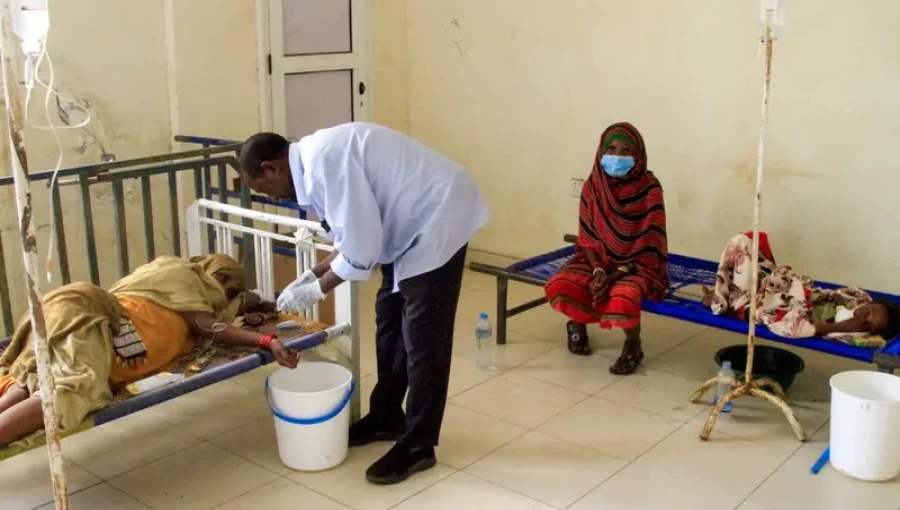

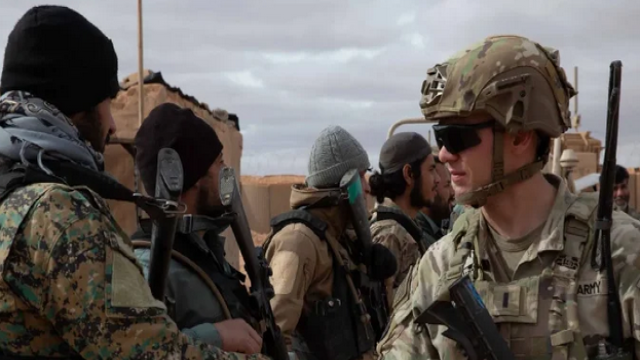

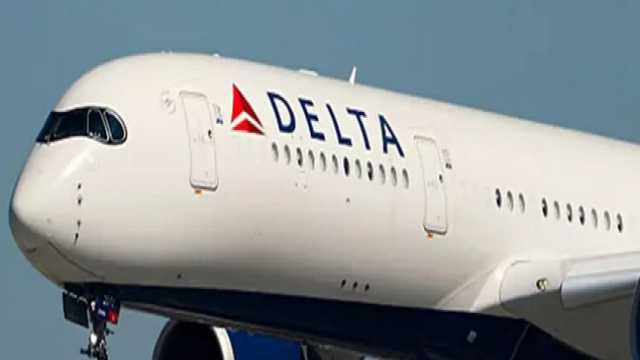


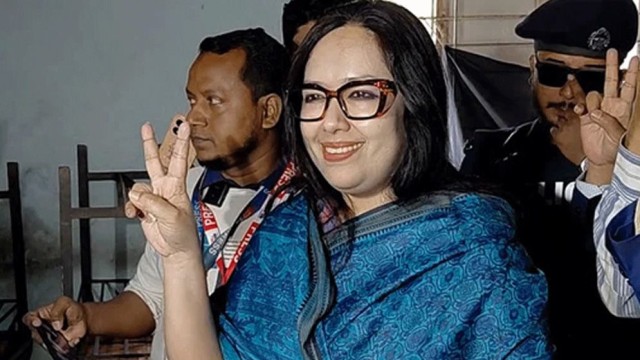

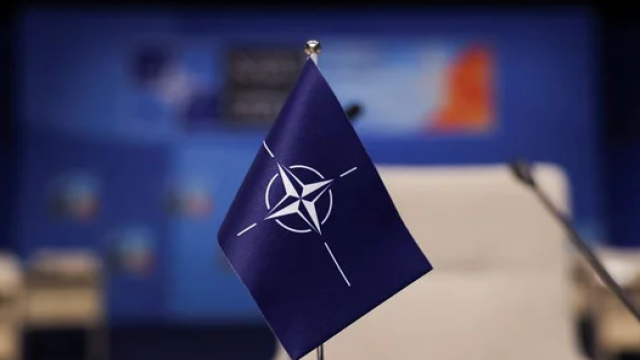
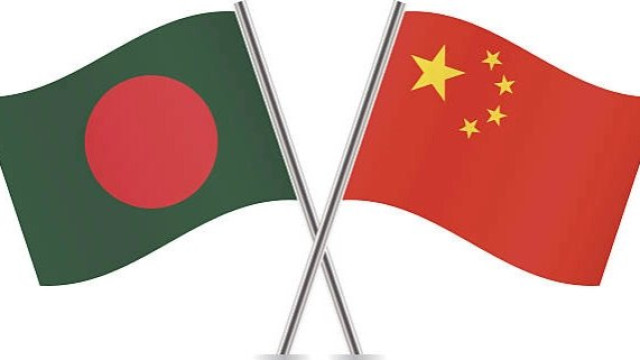















Comment: